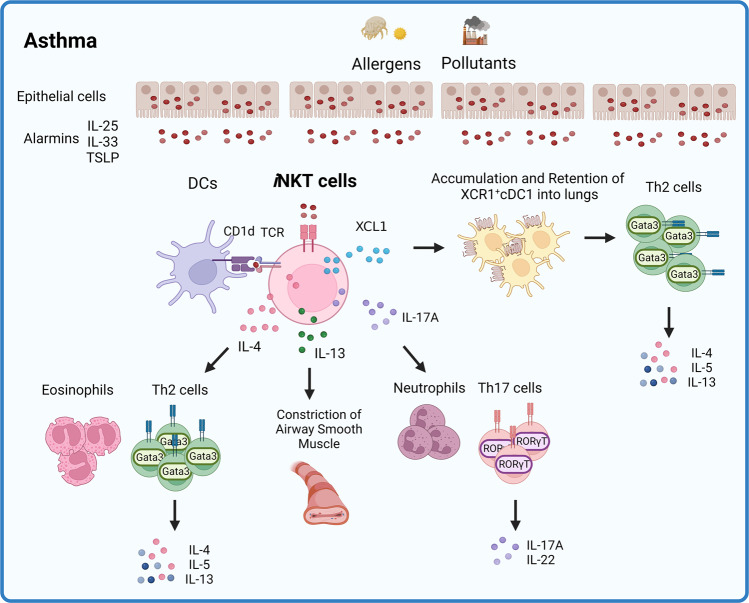Fig. 2. Roles of pulmonary iNKT cells in asthma pathogenesis.
Inhaled allergens or pollutants cause lung epithelial cells to release alarmins and dendritic cells (DCs) to present the antigens contained in these environmental insults. Both the alarmins and the DCs then activate iNKT cells. Activated iNKT cells subsequently secrete cytokines that modulate the function of various immune cells or cause airway smooth muscle constriction. In particular, iNKT cells promote the recruitment and lung retention of XCR1-expressing cDC1s by secreting the chemokine XCL1. The XCR1+ cDC1s subsequently amplify the type-2 immune responses during asthma.

